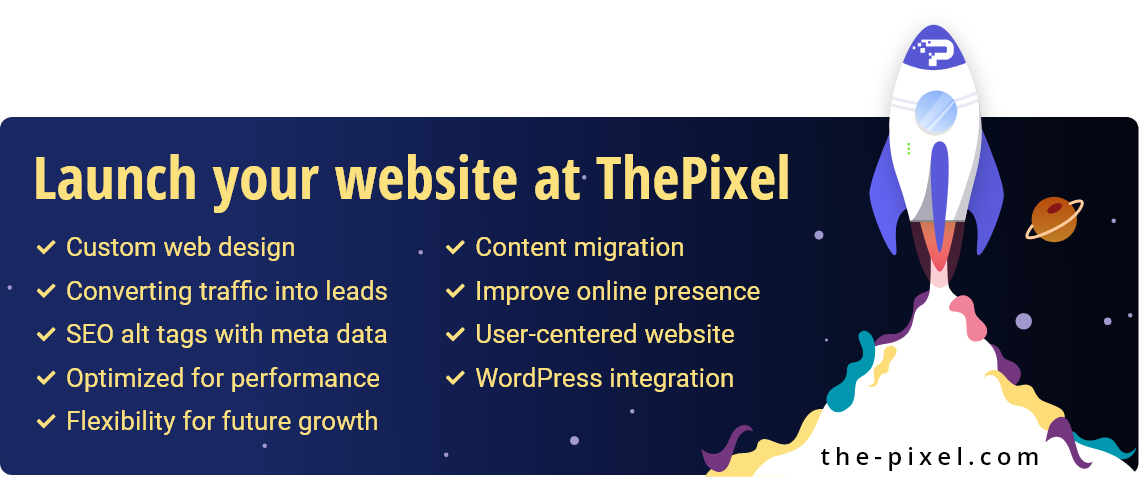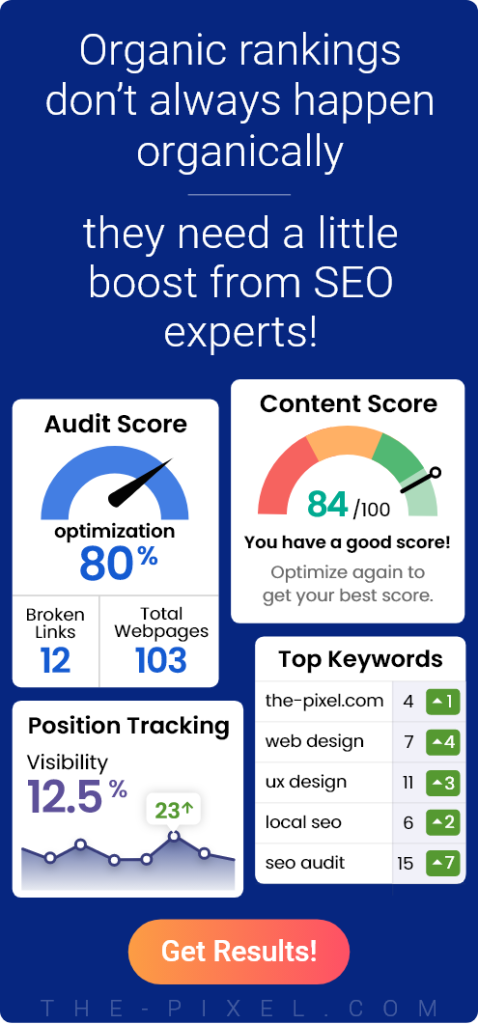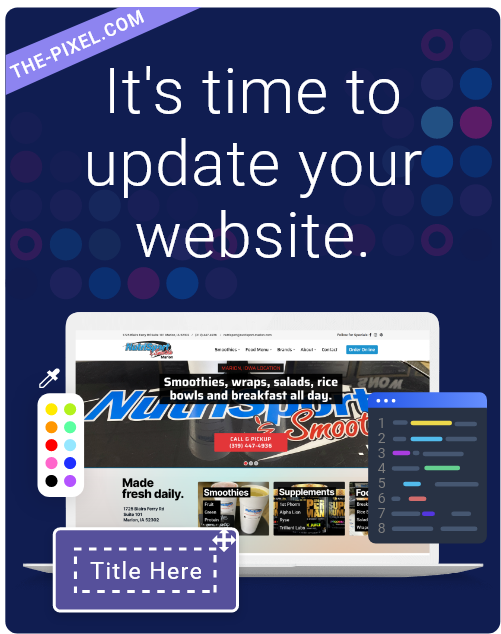Efficient Transportation and Logistics Application: Powering Modern Businesses
Efficient Transportation and Logistics Application: Powering Modern Businesses
Efficient logistics is no longer just a back-end operation—it’s a competitive advantage. For today’s entrepreneurs and eCommerce companies, success often depends on the ability to deliver products quickly, accurately, and across long distances. Even a minor breakdown in the logistics process can lead to canceled orders, damaged relationships, and lost revenue. That’s why more businesses are turning to logistics software to streamline operations, reduce risks, and scale with confidence.
What is Logistics Software?
In today’s digital era, logistics software automates critical processes while reducing human error. From inventory and order processing to invoicing and accounting, modern logistics platforms ensure businesses run smoothly and efficiently.
With cloud computing and advanced data storage, logistics software handles massive amounts of information that would be impossible to manage manually. The result: uninterrupted productivity and smarter decision-making for business owners.
Key Trends in Logistics Software
- Real-Time Supply Chain Visibility (SCV)
Modern solutions provide live updates on supply chain dynamics—offering weather forecasts, traffic insights, and optimal routing. Real-time inventory tracking is now an industry standard. - Omni-Channel Delivery
To meet customer expectations, logistics software integrates delivery options across multiple touchpoints:- Walk-in store to customer
- Warehouse to customer
- Supplier to customer
- Distribution hub to customer
- Returns from customer to company
- AI & Virtual Assistants
Machine learning and AI-driven assistants simplify operations. Store managers can request product locations from chatbots, while customers can instantly check stock availability without making a call. - Advanced Data Analytics
By processing large datasets, logistics software provides actionable insights—optimizing warehouse storage, cutting delivery times, and improving overall efficiency. - Third-Party Integrations (TPIs)
From email marketing tools like MailChimp to payment processors and CRM systems, integrations extend the functionality of logistics platforms—allowing businesses to scale faster.
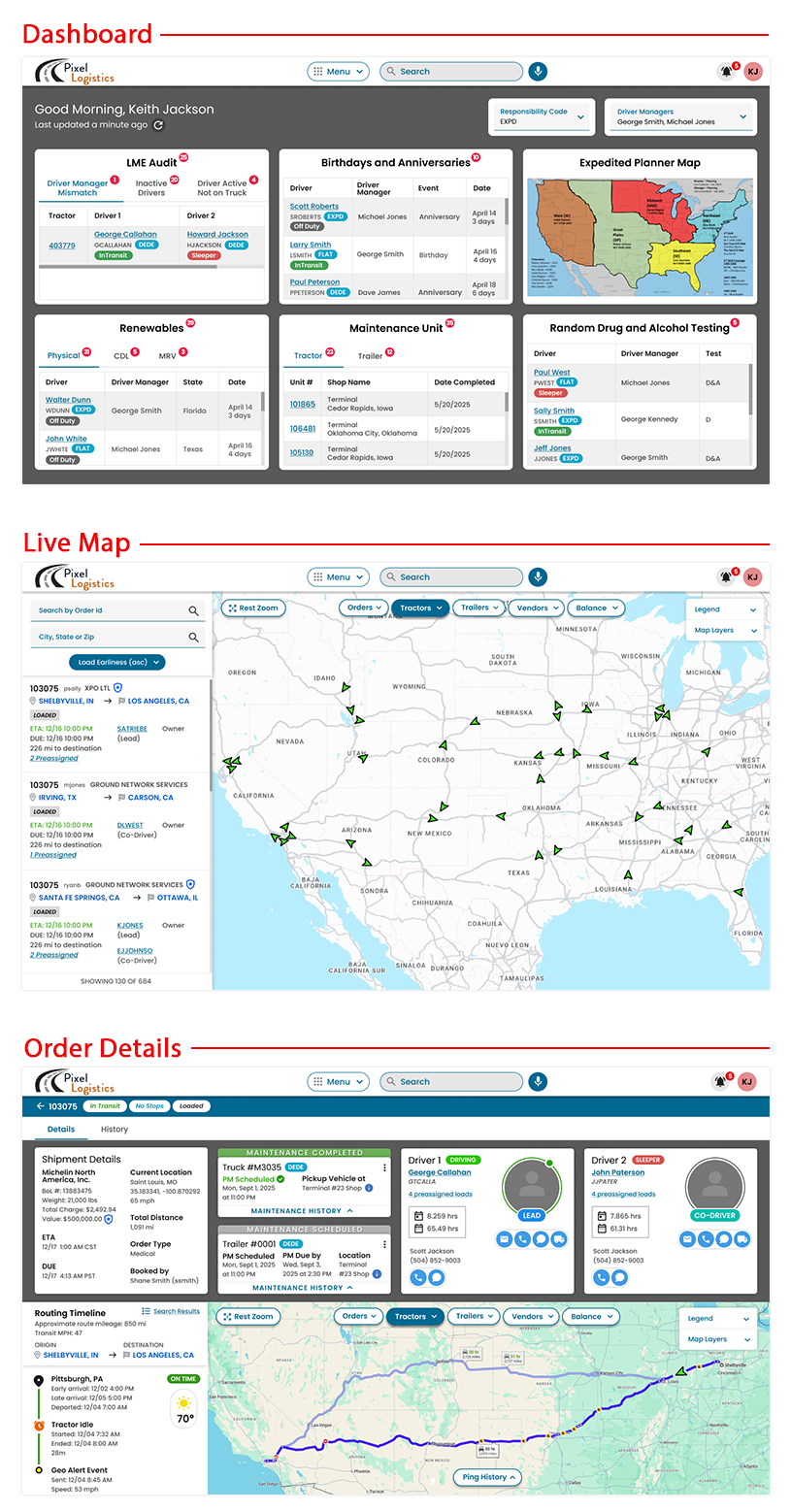
Choosing the Right Development Path
When building logistics software, business owners typically choose between Custom Development and SaaS Solutions.
1. Custom Logistics Software
Built from the ground up to fit your unique requirements, custom software offers unmatched flexibility and ownership.
Pros:
- Tailored to your business needs
- Full ownership with lifetime license
- Freedom to add third-party integrations
- No recurring fees or vendor restrictions
Cons:
- Longer development time
- No pre-built community support
- Harder to switch if business needs change
2. SaaS Logistics Software
Software-as-a-Service (SaaS) solutions are subscription-based platforms ready for immediate use.
Pros:
- Quick deployment
- Community support available
- Lower upfront cost
- Frequent updates and bug fixes
Cons:
- No ownership—pay monthly forever
- Limited customization and integrations
- More expensive long-term due to recurring fees
SaaS vs. Custom: How to Decide
When choosing between SaaS and custom solutions, consider three key factors:
- Price: SaaS may seem cheaper upfront, but recurring fees add up. Custom software requires higher initial investment but offers long-term savings.
- Time: SaaS is ready almost instantly. Custom software requires development time but can be accelerated through agile methods or semi-custom builds.
- Quality: Both options vary depending on your provider. SaaS allows easy switching between vendors, while custom solutions give you full control over quality.
Finding the Right Software Development Partner
If you choose custom development, selecting the right company is critical.
Do:
- Research companies on trusted review sites (Clutch, GoodFirms, SoftwareWorld).
- Ask sales teams detailed questions about their process and request a proposal.
- Compare multiple providers’ pricing, timelines, and case studies.
- Review portfolios of similar projects.
- Ensure they offer strong post-deployment technical support.
Don’t:
- Rush into the first deal you find.
- Rely solely on freelancers from bidding platforms.
- Overlook post-launch customer support.
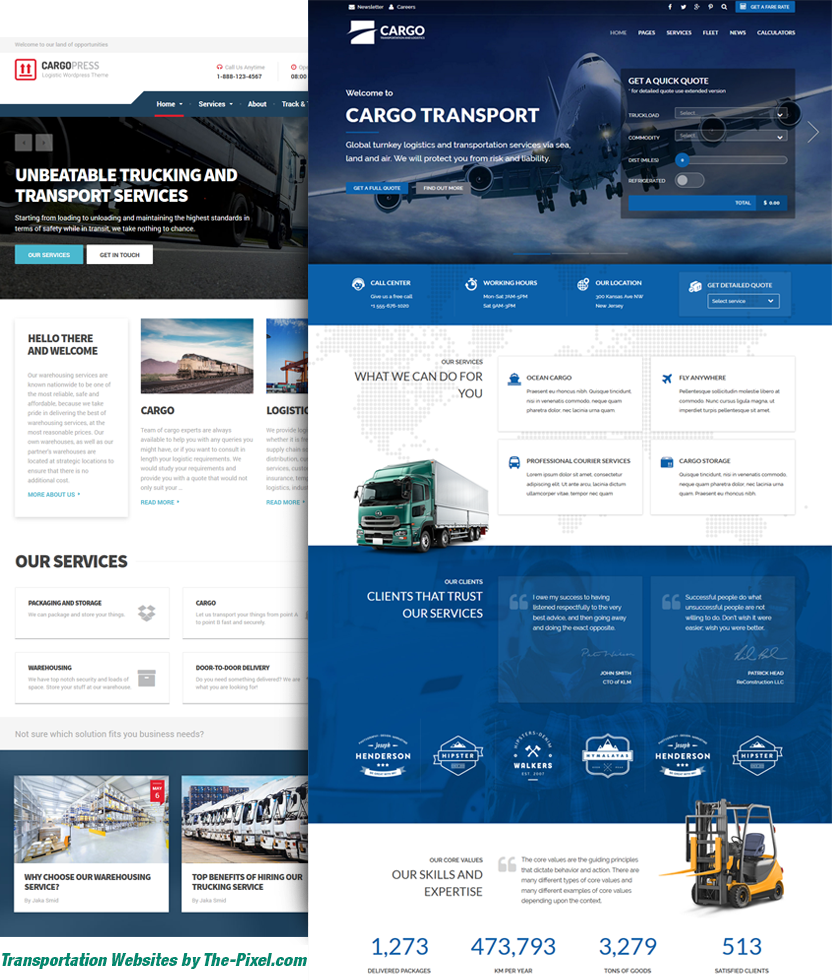
The Future of Logistics: Mobile App Development
Logistics apps are reshaping the industry, giving businesses agility and customers transparency. Popular app types include:
- Fleet Management Apps – Track vehicles, drivers, and schedules in real time.
- On-Demand Delivery Apps – Support the booming on-demand economy with instant booking and delivery tracking.
- Warehouse Management Apps – Manage multiple warehouses 24/7 with centralized dashboards.
- Route Tracking Apps – Provide live GPS data, reduce delivery times, and improve customer satisfaction.
Business Benefits of Logistics Apps
- Real-time vehicle tracking with GPS and push notifications
- Improved fleet management and employee productivity
- Online booking for faster, more convenient service
- Reduced paperwork with digital dashboards
- Fewer human errors through automation
- Stronger customer service with CRM and ERP integrations
Final Thoughts
Improved logistics means faster deliveries, smarter warehouses, and happier customers. Whether you choose SaaS logistics software for speed or custom solutions for flexibility, the goal is the same: efficiency, scalability, and business growth.
As retail and logistics move toward a future defined by speed, intelligence, and customer experience, companies that embrace technology will thrive—while those that hesitate risk being left behind.
Hire ThePixel to build your next website!
Since our founding in 2008, we’ve created and launched many types of business websites. Over the last decade and we’ve learned a thing or two! That’s why we’re masters of our craft, let us help you build the website of your dreams – one that generates traffic, leads and conversions.
Are you ready to start? If yes, contact ThePixel and one of our representatives will guide you through the website phases and how the process works either by a Zoom Meeting or phone.
